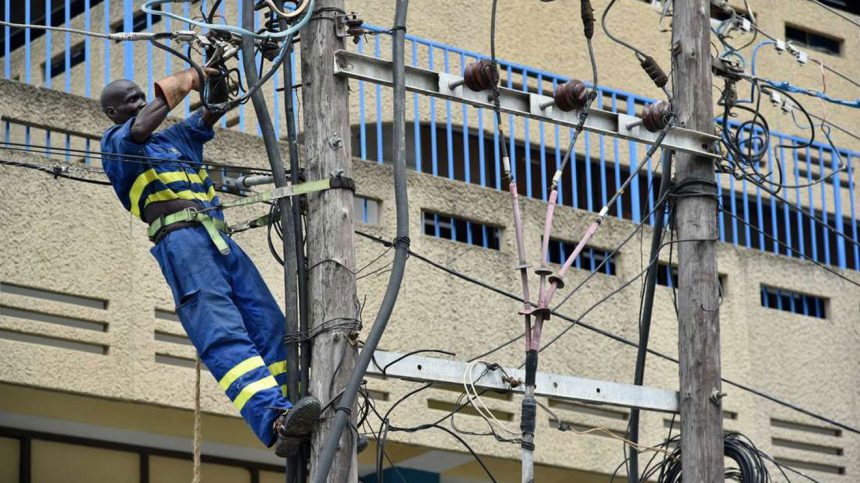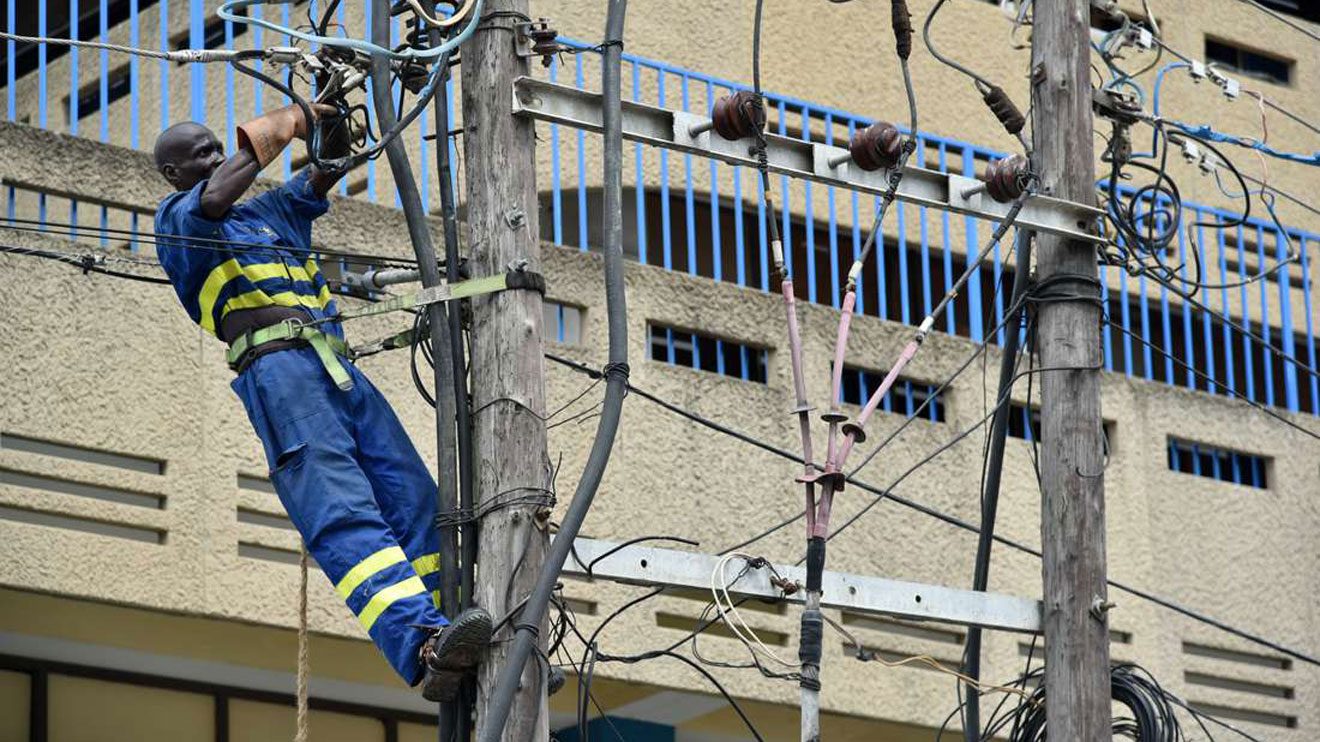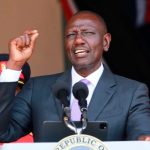The cost of electricity has soared by 67 percent in the last nine months from a combination of higher fuel costs, currency depreciation and the review of electricity tariffs.
A Business Daily analysis of data from the Kenya National Bureau of Statistics (KNBS) reveals that the average price of 50 kilowatts/units (kWh) of electricity has increased from Sh796.83 in August last year to a mean of Sh1,326.54 at the end of May.
This has seen the cost of electricity exert the most pressure on consumer spending with electricity inflation being tabulated at 66.5 percent last month.
Consumers with a lower electricity consumption have borne the brunt of higher power bills in contrast to larger consumers with the cost of 200 units of electricity rising by a lower 47.2 percent to Sh6,436.28 last month from Sh4,373.12 in August last year.
The higher electricity prices mirror the blow to consumers who have already been grappling with the effects of costlier food and fuel across the same period.
The decision by President William Ruto to end a multi-billion-shilling subsidy programme at the end of last year set off the first notable rise in electricity prices in the nine months as power bills went up by as much as 15 percent.
Former President Uhuru Kenyatta announced a 15 percent cut to electricity prices in January last year with the view to cushion households and manufacturers.
The government had envisioned a further cut to electricity prices by the same margin in a second phase of the initiative but failed to effect the change as talks between itself, Kenya Power and independent power producers fell through.
The cushion was effected through the discounting of payables to Kenya Power by electricity producers and distributors’ including KenGen and Ketraco.
The utility would, however, carry the burden of the tariff discount as State-owned firms in the electricity sector failed to pass the benefits to Kenya Power resulting in losses totalling Sh2.1 billion according to an Auditor General report.
Kenya Power disclosed the loss of an estimated Sh26 billion in revenues through the implementation of the tariff discount which lapsed at the end of December.
Effective April 1, however, the Energy and Petroleum Regulatory Authority (Epra) approved new electricity tariffs with the new pricing metrics hitting hard at middle-class households and small commercial consumers who now spend at least Sh2.7 billion more on power bills every month.
Epra increased the base consumption charge to Sh12.22 per unit from Sh10 for life-line consumers whose usage stands at no more than 30 units even as it revised the life-line threshold from 100 units previously.
Households and consumers whose monthly consumption ranges between 31 kWh and 100 kWh saw their tariffs increase by 19 percent to Sh26.10 and Sh26.22 respectively.
The new tariffs were however slightly lower than those submitted by Kenya Power for consideration by the energy sector regulator.
Kenya Power’s request would have seen electricity prices rise by as much as 78 percent compared to the approved tariffs by Epra which raised electricity costs by up to 63 percent.
April’s tariff review was in line with current laws which call for the review of benchmark electricity prices every three years.
Outside the tariff review, surcharges including the fuel cost charge and the foreign exchange rate fluctuation adjustment have soared in tandem with higher electricity prices and a weaker local currency.
The foreign exchange rate fluctuation adjustment has for instance stood at 84 cents per kWh from 73 cents in August last year.
The consumption charge for a domestic consumer averaging more than 100 units of electricity a month meanwhile stands at Sh20.97 at present from Sh12.60 previously.




